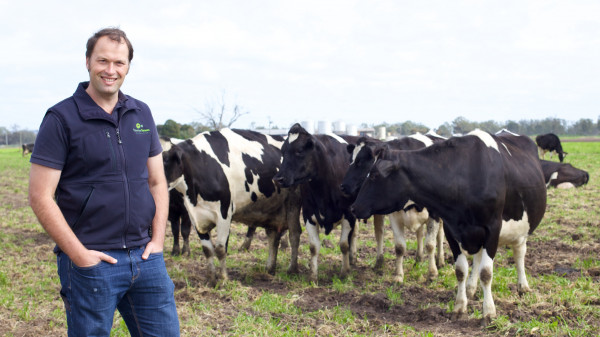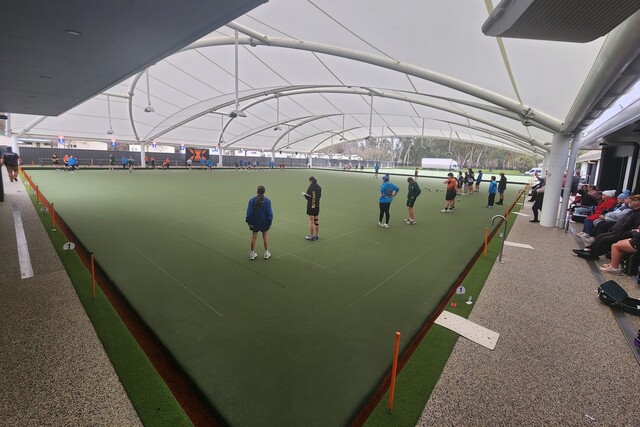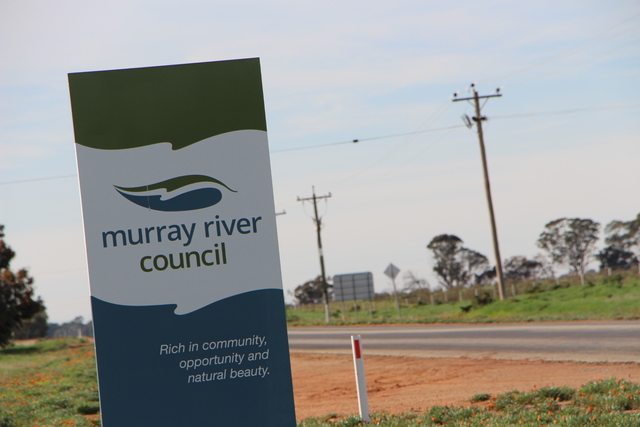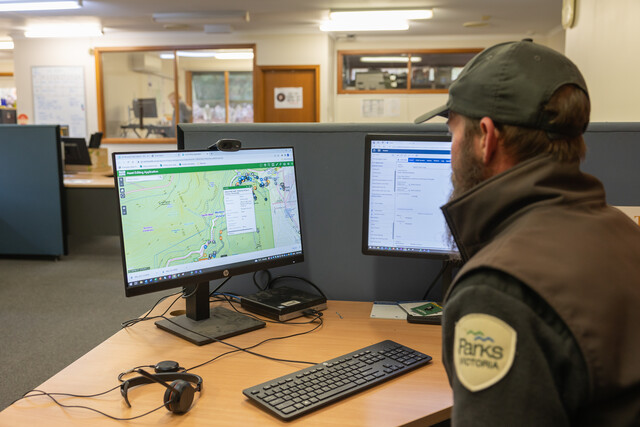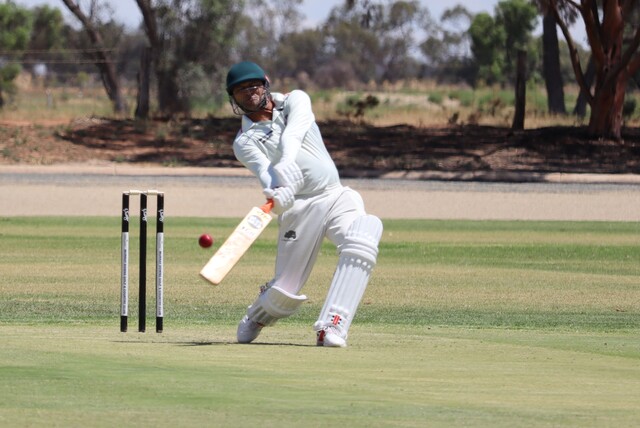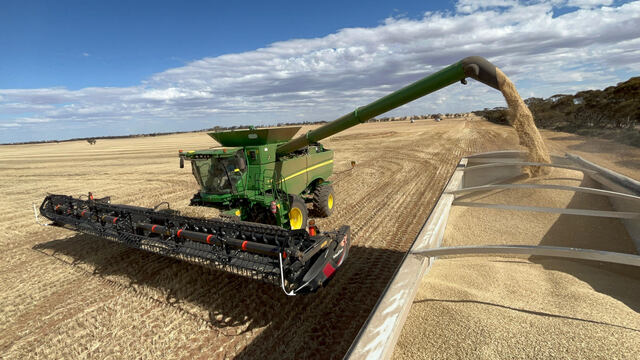DROUGHT in America and war in Ukraine – and a widespread autumn break described by Victorian cropper and NFF vice president David Jochinke as “on time and on budget” – will be making other producers start to squirm and examine their own budgets.
Dairy Australia’s Senior Industry Analyst, Sofia Omstedt conceded the dairy industry, coming off a boom 2020/21, is “not immune to broad inflationary pressures, with cost pressures and margin impacts expected to be felt across the entire supply chain”.
In its own outlook, released in March, DA reported that regardless of whether it is consumer goods, agricultural inputs or freight, costs seem to only be heading in one direction at the moment – up.
Omstedt said inflationary pressures are being noticed across the global economy, and Australia’s dairy industry is starting to feel the impact.
“Increasing costs for some inputs are starting to chip away at margins, while others remain difficult to access due to supply disruptions.
“Despite these challenges, Australia’s dairy industry remains profitable. Strong demand and weak supply have continued to drive commodity values higher, with some flow-on impact on farmgate prices in southern export-focused regions.”
However, DA’s own work has confirmed grain and concentrates are the largest variable cost on dairy farms – across the board totalling as much as 43 per cent of total variable costs.
Now they nervously watch as the value of wheat keeps climbing – Australian Standard White has jumped $10 a tonne to $410 in just two weeks – and would probably go up even faster if major exporters could guarantee getting their hands on the ships needed to move grain around the world.

